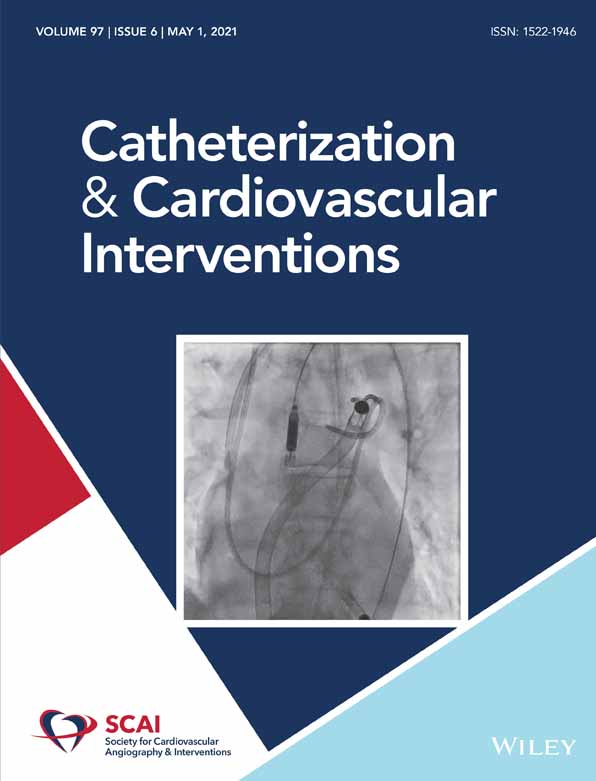EDITORIAL COMMENT
The enigma continues: Obesity in chronic total occlusion patients does not affect success or complications…but Americans are still too fat!
First published: 11 May 2021
Key Points
- Eighty-five percent of patients undergoing chronic total occlusion (CTO) percutaneous coronary intervention (PCI) in the OPEN-CTO registry were either overweight or obese.
- There is no difference in procedure success and outcomes between overweight and obese patients undergoing CTO PCI compared to normal weight.
- Overweight and obese patients derive similar health status benefits after CTO PCI.
CONFLICT OF INTEREST
The authors declare no conflicts of interest.




